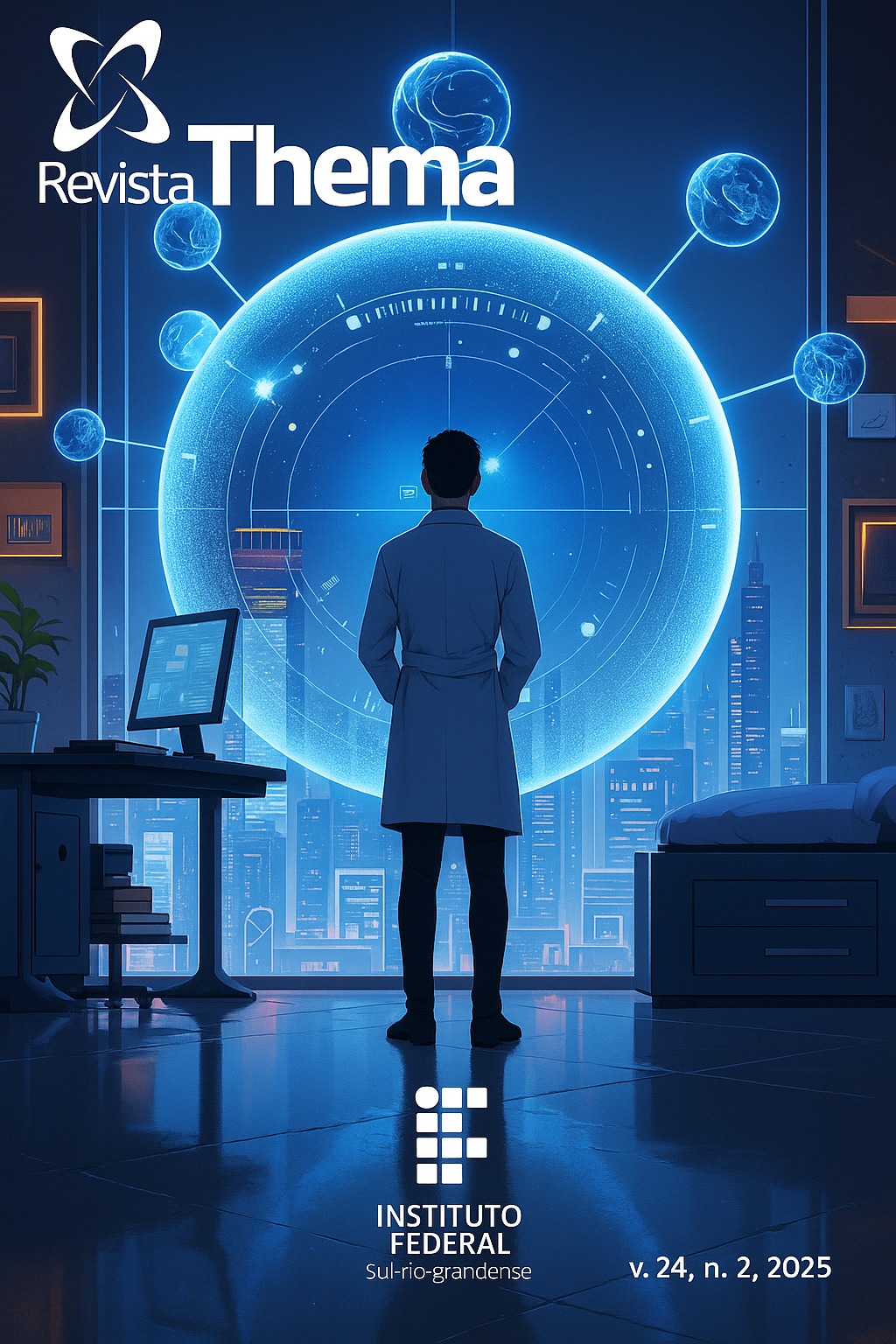Application of Problem Based Learning (PBL) on Computer Architecture on a Professional Technical School
DOI:
https://doi.org/10.15536/revistathema.24.2025.3169Keywords:
PBL, Methodologies, Metacognition, AutonomyAbstract
This article presents the results obtained from the answers of students about the application of PBL methodology – Problem Based Learning – on part of the content of the Computer Architecture discipline, in a technical school, by a didactic sequence (DS). The article also presents and analyzes the results on the application of the PBL methodology and the possible contribution to the training of first-year students at a public technical school, located in the County of Guaíba, Rio Grande do Sul, Brazil, during the period of March to June 2022, in the content part of the Computer Architecture discipline, specifically, the construction of computational logic circuits based on the interpretation of logic tables. Four classes were selected, divided into two pairs in two shifts, afternoon and evening, in which one of each pair received the content formatted in a didactic sequence and applied in the classroom according to the PBL methodology. The research methodology used was mixed, with quantitative and qualitative methods in a single study, seeking to analyze the convergences and the divergences of data obtained in the two classes with the PBL methodology, and used as an instrument for evaluating the questionnaire, made available to students after the application of DS. This article analyzes the responses to the questionnaire questions. The data are presented through graphs and discussed in the light of some authors on the topic. Finally, this article also presents final considerations and conclusions about the perception of students about how PBL can influence learning.
Downloads
Downloads
Published
How to Cite
Issue
Section
License
O autor responsável pela submissão representa todos os autores do trabalho e, ao enviar o artigo para a revista, está garantindo que tem a permissão de todos para fazê-lo. Da mesma forma, assegura que o artigo não viola direitos autorais e que não há plágio no trabalho. A revista não se responsabiliza pelas opiniões emitidas.
A Revista Thema é de acesso aberto (Open Access), sem que haja a necessidade de pagamentos de taxas, seja para submissão ou processamento dos artigos. A revista adota a definição da Budapest Open Access Initiative (BOAI), ou seja, os usuários possuem o direito de ler, baixar, copiar, distribuir, imprimir, buscar e fazer links diretos para os textos completos dos artigos nela publicados.
Todos os artigos são publicados com a licença Creative Commons Atribuição-NãoComercial 4.0 Internacional. Os autores mantém os direitos autorais sobre suas produções, devendo ser contatados diretamente se houver interesse em uso comercial dos trabalhos.





